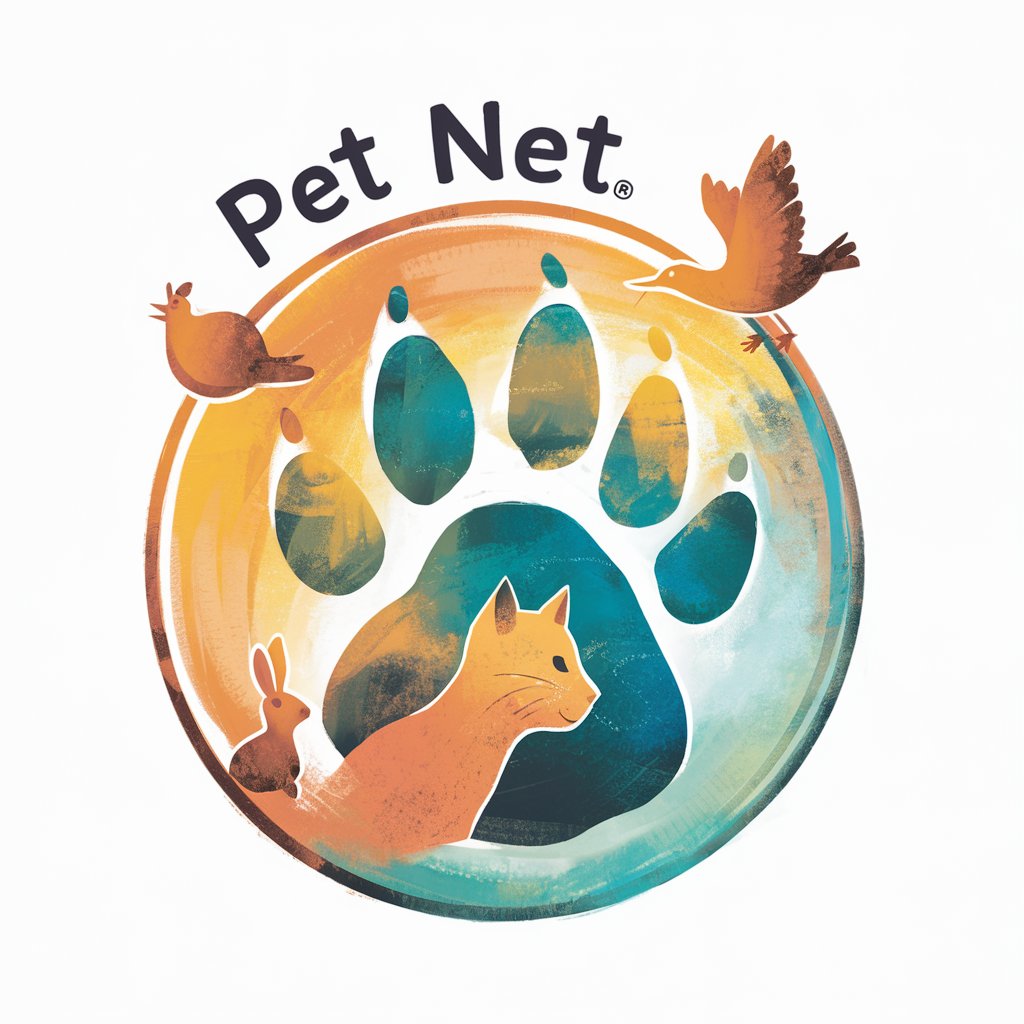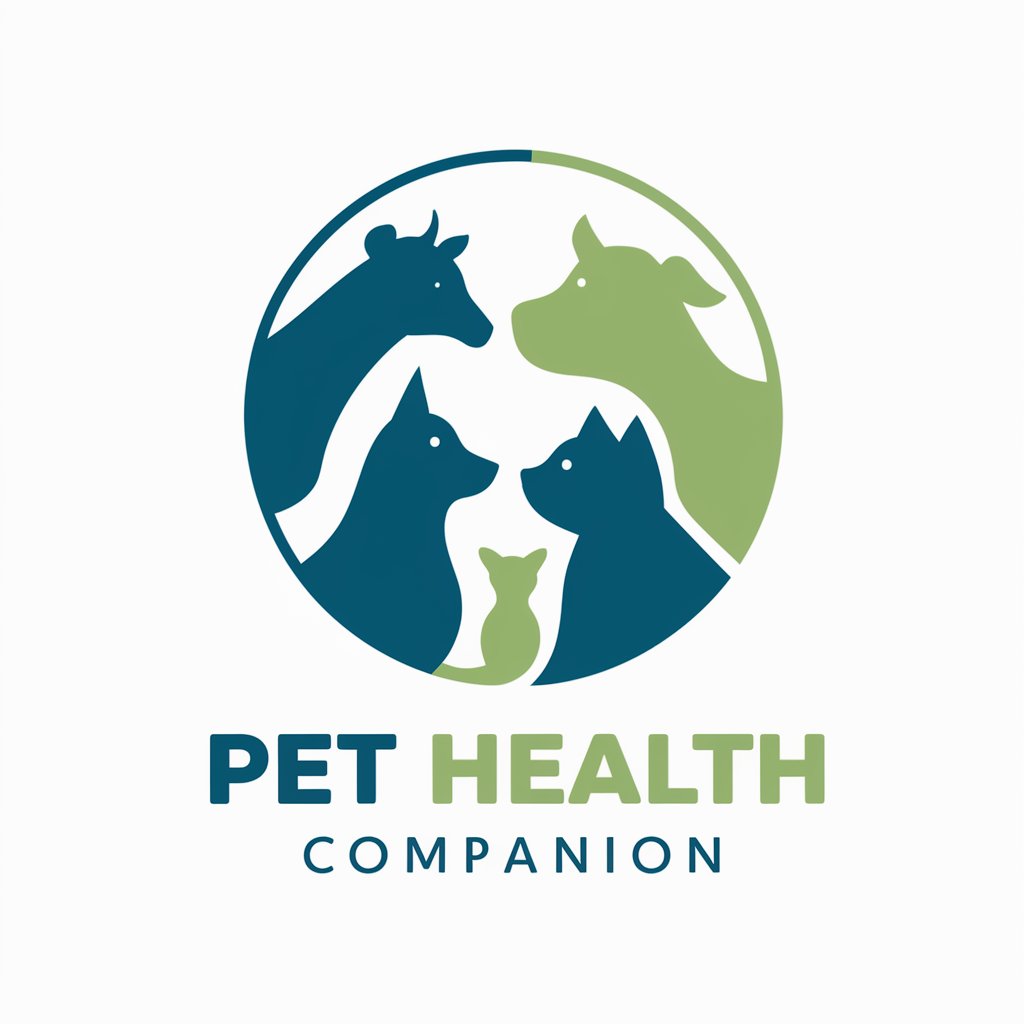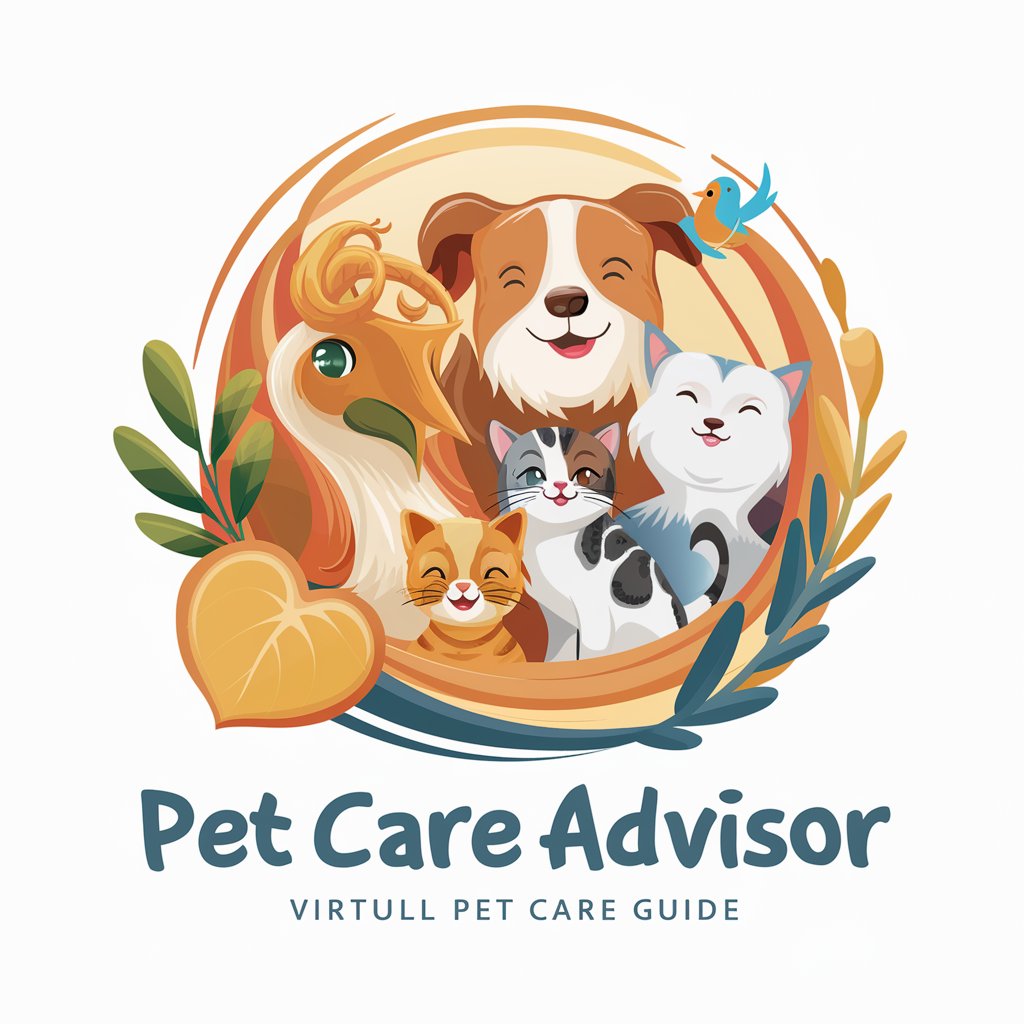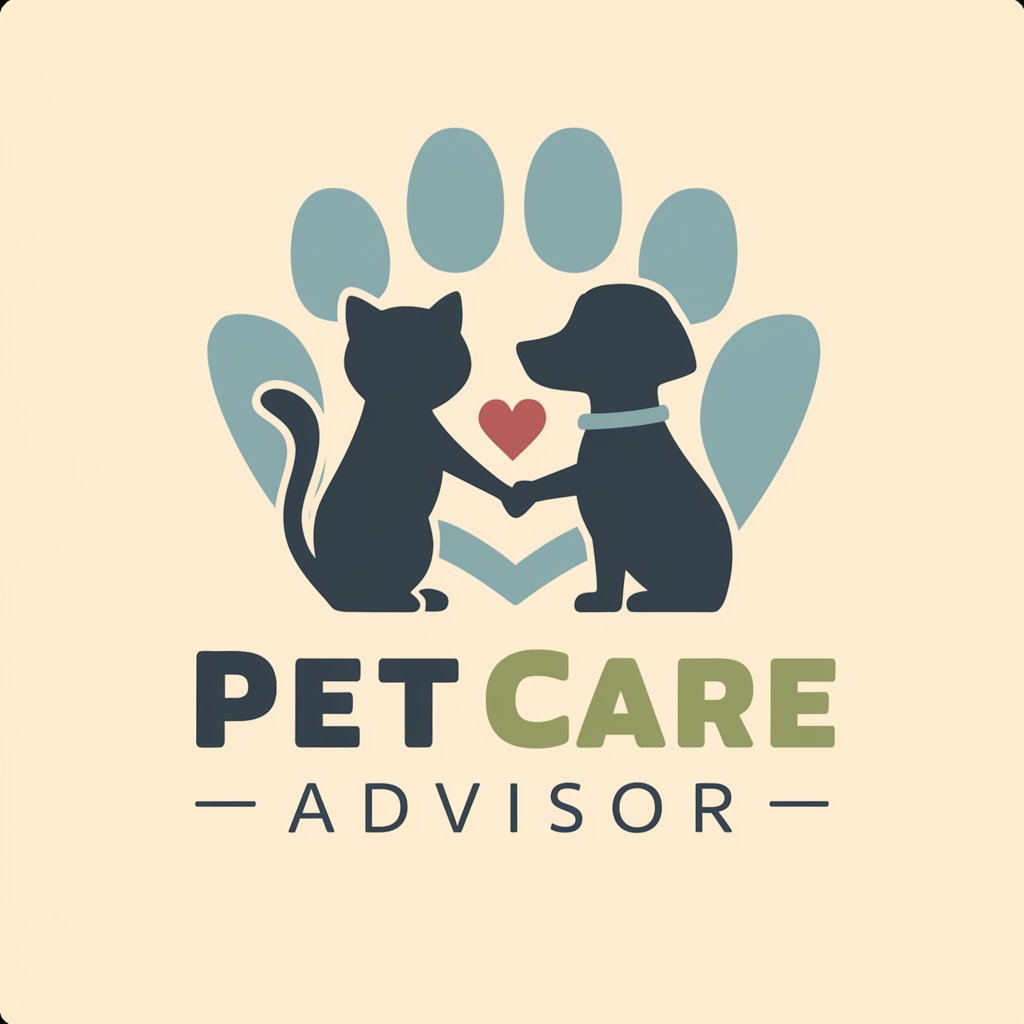
Pet Oncology Guide - AI-Powered Pet Cancer Support
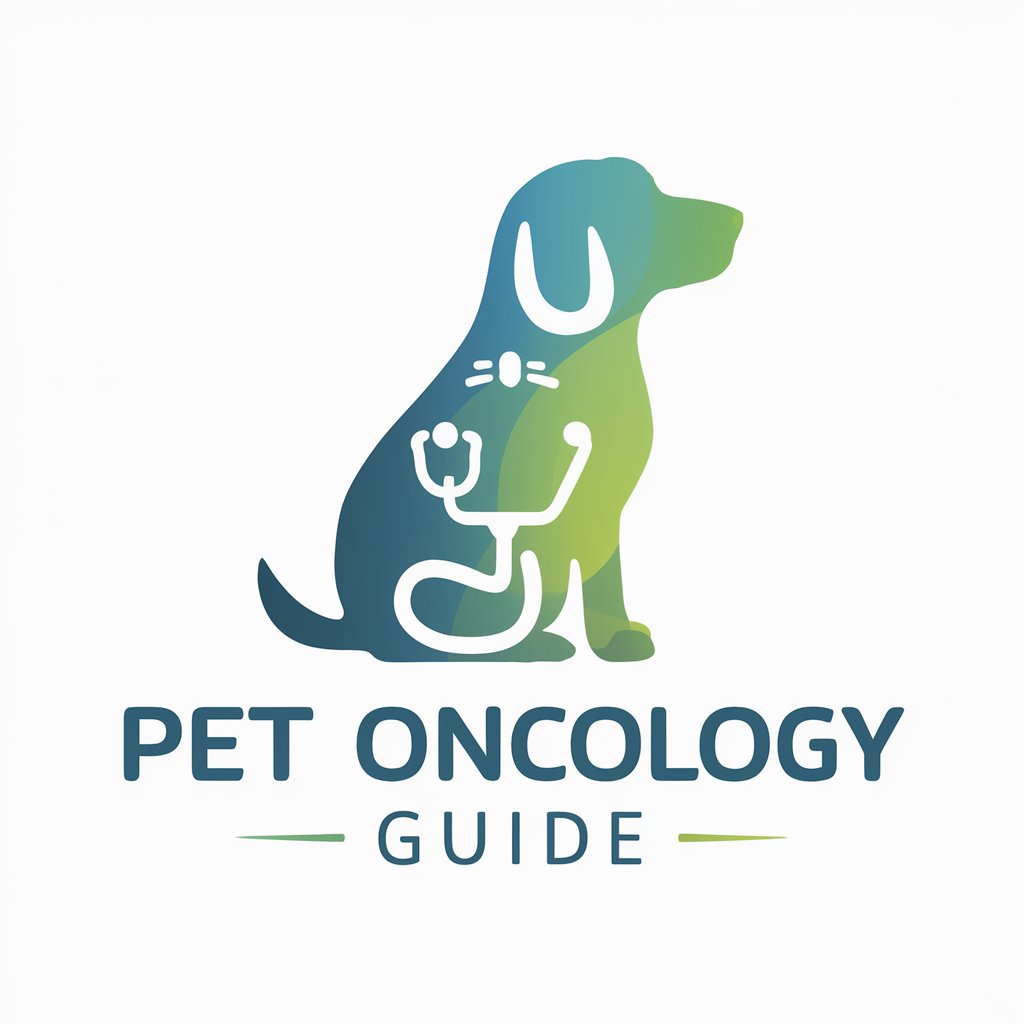
Welcome to the Pet Oncology Guide, your trusted resource for pet cancer care.
Empowering pet owners with oncology insights.
What are the common symptoms of cancer in pets?
How can I support my pet undergoing cancer treatment?
What are the latest advancements in veterinary oncology?
How can I improve my pet's quality of life during cancer treatment?
Get Embed Code
Introduction to Pet Oncology Guide
The Pet Oncology Guide is designed to serve as a comprehensive resource for pet owners navigating the complex and often distressing journey of pet cancer diagnosis, treatment, and care. Our purpose is to demystify the field of veterinary oncology, providing accessible, evidence-based information that supports informed decision-making and effective communication with veterinary professionals. Through a blend of empathetic guidance and factual content, we aim to offer solace and clarity to those caring for pets with cancer. For instance, we elucidate treatment options like chemotherapy, radiation therapy, and surgery, delve into side effects management, and provide tips on enhancing quality of life for pets undergoing cancer treatment. Powered by ChatGPT-4o。

Main Functions of Pet Oncology Guide
Informative Resources on Pet Cancer Types
Example
Detailing the specifics of common cancers in dogs and cats, such as lymphoma, mast cell tumors, and osteosarcoma.
Scenario
A pet owner discovers a lump on their dog; using our guide, they learn about mast cell tumors, their symptoms, diagnostic approaches, and potential treatments.
Guidance on Treatment Options and Decision Making
Example
Exploring the benefits and drawbacks of various treatments, including the latest in immunotherapy and targeted therapies.
Scenario
A cat owner is weighing the options between chemotherapy and surgery for their pet's squamous cell carcinoma. Our guide helps them understand each option's implications for survival, quality of life, and cost.
Supportive Care and Quality of Life Enhancement
Example
Providing tips on pain management, nutrition, and emotional support for pets and their owners.
Scenario
A family is looking for ways to help their pet cope with the side effects of chemotherapy. Our guide offers practical advice on managing nausea, ensuring adequate nutrition, and keeping the pet comfortable and happy during treatment.
Ideal Users of Pet Oncology Guide Services
Pet Owners Facing a Cancer Diagnosis
Individuals who have recently learned their pet has cancer will find a wealth of information to help navigate their pet's health care options, understand treatment modalities, and make informed decisions regarding their pet's care.
Veterinary Professionals Seeking Educational Resources
Veterinarians, veterinary technicians, and other animal health care providers can use the guide as a supplemental resource to aid in discussions with pet owners about cancer treatment options, prognosis, and supportive care.
Researchers and Students in Veterinary Fields
Those studying veterinary medicine or engaged in research related to pet oncology may find the guide a valuable overview of current treatment strategies, challenges in pet cancer care, and emerging therapies.

How to Use Pet Oncology Guide
1
Visit yeschat.ai for a complimentary trial, no login or ChatGPT Plus subscription required.
2
Select the 'Pet Oncology Guide' from the available options to start your session.
3
Type your question or concern related to pet oncology. Be as specific as possible to ensure a detailed response.
4
Review the provided information and follow any suggested steps or recommendations.
5
For complex issues or ongoing concerns, consult with a veterinarian for personalized advice and treatment options.
Try other advanced and practical GPTs
Korn Ferry Guide Creator
AI-powered interview guide generator, tailored for excellence

하티 조류 AI
Discover birds with AI-powered precision.

PATOffice Patent Analyzer
Unlocking Patent Potential with AI

Run C Code
Compile C code instantly with AI.

Race Training Plan
AI-Powered Custom Race Training

아재 개그 전문가
Bringing Korean humor to life with AI

OTS GPT
Empowering Your Tech Decisions with AI

Safety-Chat OSHA 1910
Streamline Workplace Safety with AI
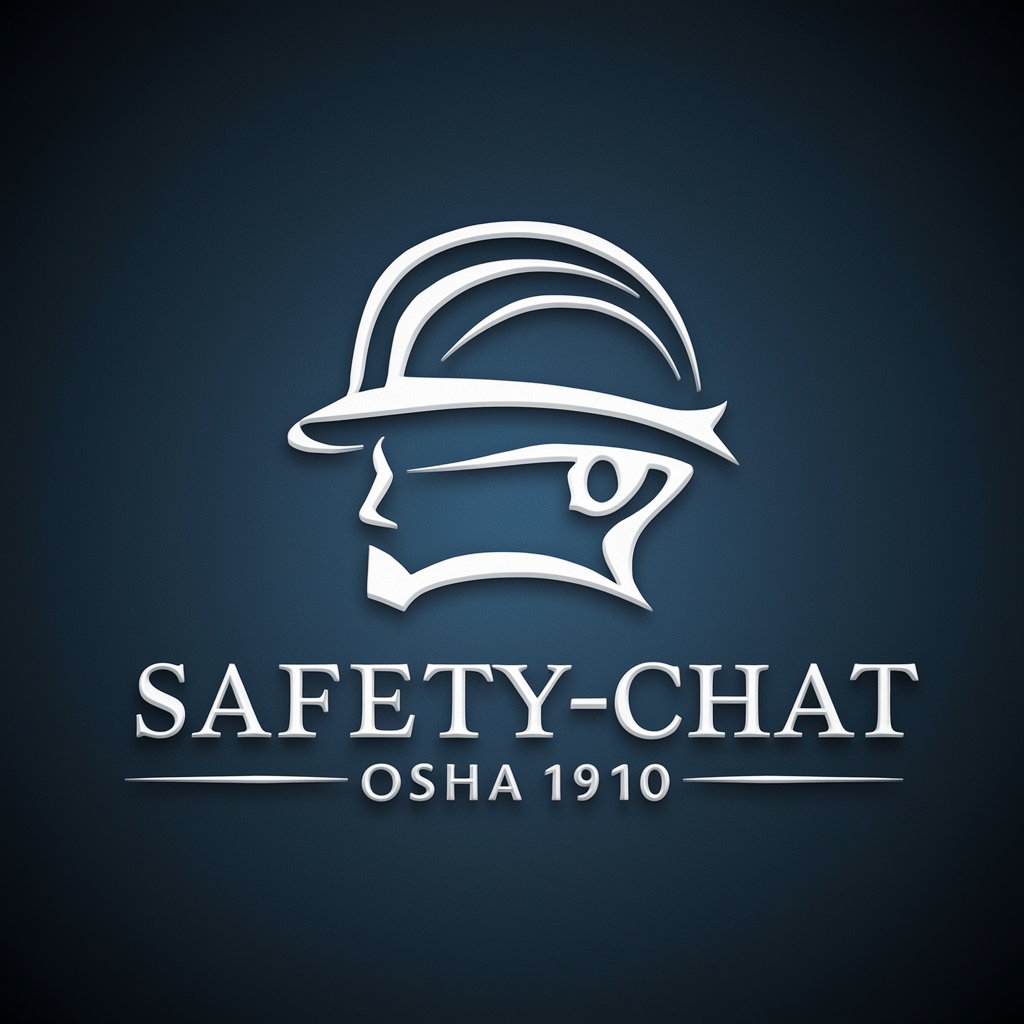
Medium Tag Master
Enhance visibility with AI-powered tagging.
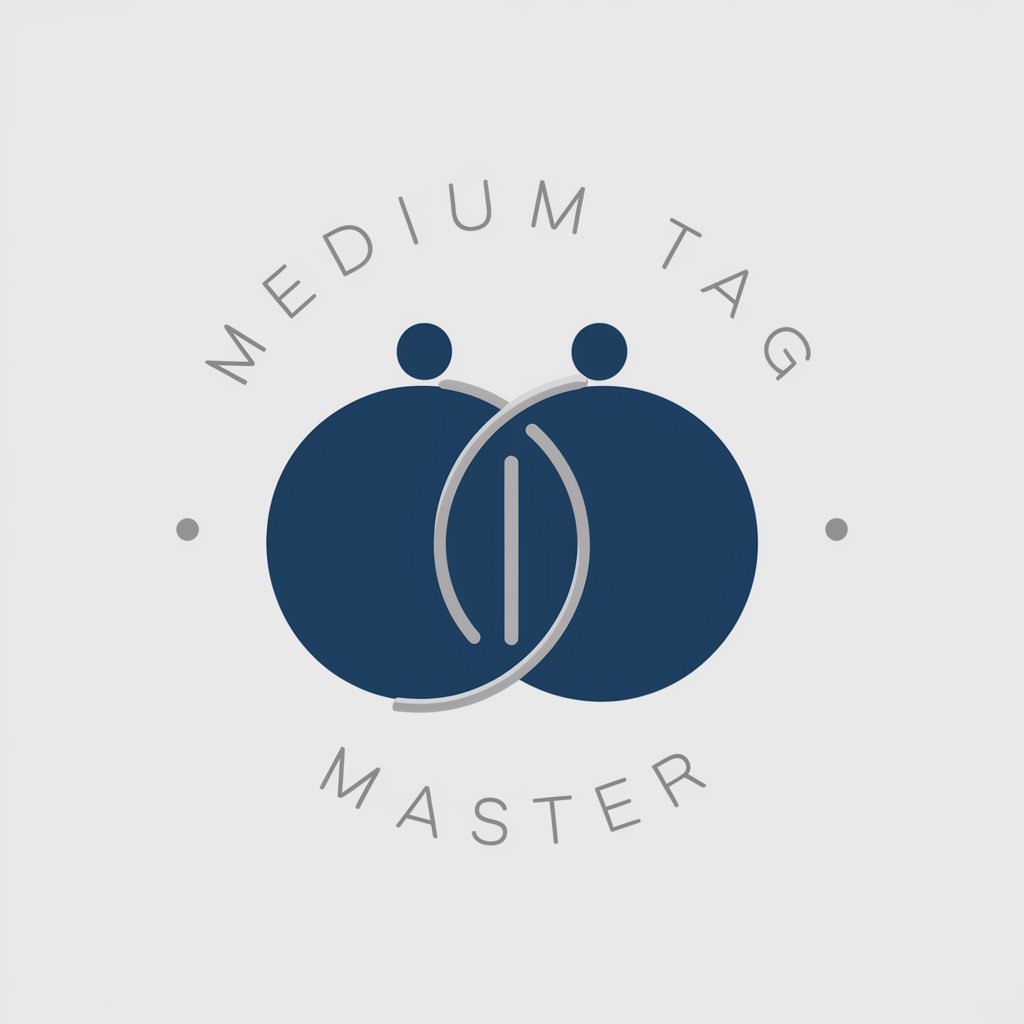
Code Crayon
Coloring the world of coding

3D illustration Generator
Crafting your ideas into 3D art.

Mon Agent Immobilier
Empowering real estate decisions with AI-driven insights.

Frequently Asked Questions About Pet Oncology Guide
What types of cancers can Pet Oncology Guide provide information on?
Pet Oncology Guide covers a broad range of pet cancers, including lymphoma, osteosarcoma, mast cell tumors, and more, offering insights into symptoms, diagnosis, and treatment options.
Can Pet Oncology Guide recommend treatments?
While Pet Oncology Guide can provide information on common treatment approaches, it emphasizes the importance of consulting a veterinarian for an accurate diagnosis and personalized treatment plan.
How accurate is the information provided by Pet Oncology Guide?
The information is based on validated veterinary oncology practices and research. However, individual cases may vary, so professional veterinary advice is always recommended.
Can I use Pet Oncology Guide to track my pet's cancer treatment progress?
Pet Oncology Guide primarily provides informational support and is not designed for tracking treatment progress. It's best to keep detailed records and communicate with your veterinarian for monitoring.
Is Pet Oncology Guide suitable for all types of pets?
Pet Oncology Guide focuses on common household pets, such as dogs and cats, and the information is tailored to these animals. However, some information may be applicable to other pet species as well.
